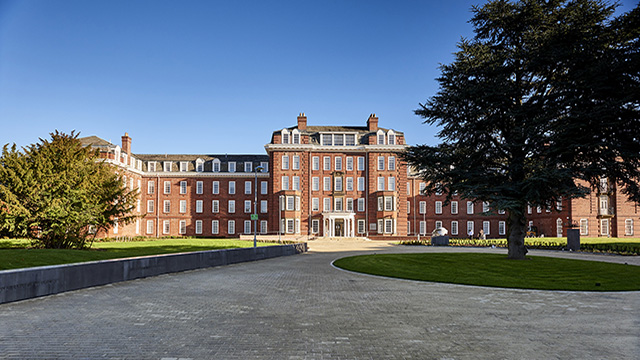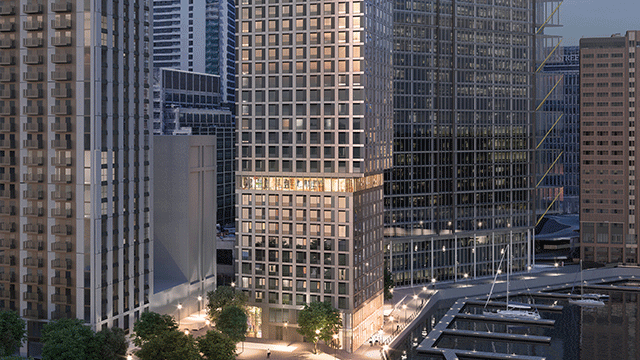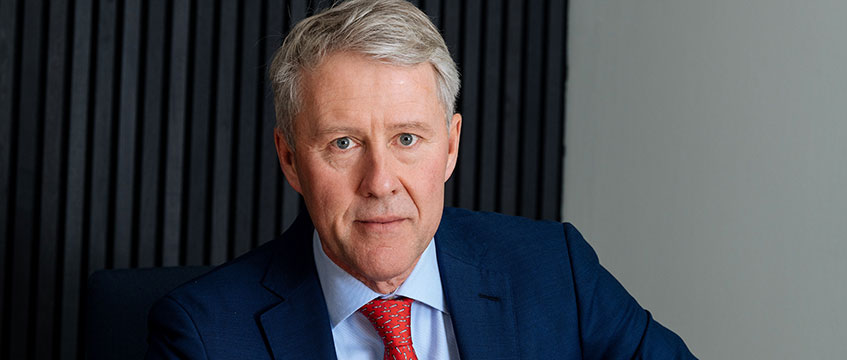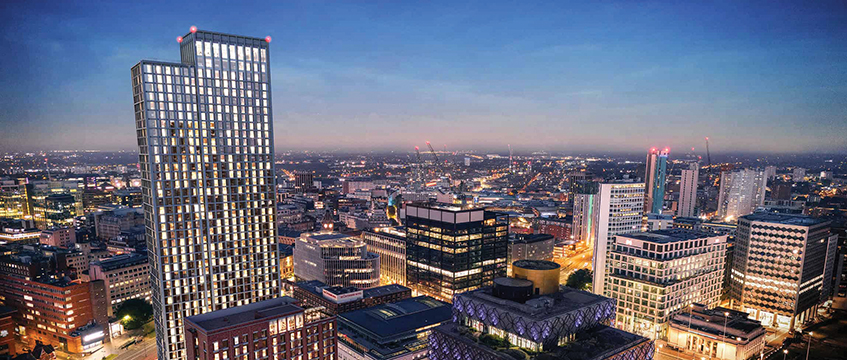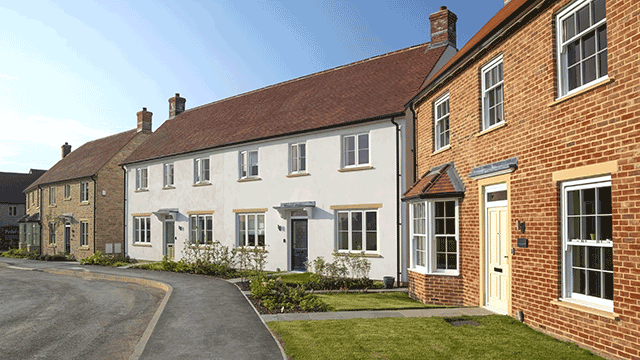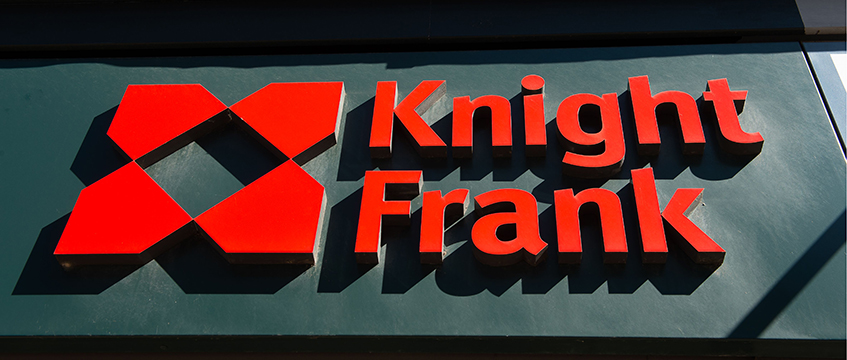Nearly 40 years after Francis Bouygues founded his company in 1952, he left to set up a film production company. Three years later, The Piano, a film the company produced, won a Palme D’or and three Oscars. Bouygues Immobilier, the parent company’s property development arm, is also setting off in new directions as it faces a faltering residential market and an increasing need for sustainability.
Bouygues Immobilier is one of Bouygues’ six subsidiaries, which cover the construction, transport and telecoms industries. It is a property developer in the office, retail, residential and hotel sectors, operating in France, where it has 35 branches as well as eight branches in Spain, Portugal, Germany, Belgium and Poland. This year the company sent one person to explore the Romanian market and, if all goes well, it will set up a subsidiary in that country by the endof the year.
“It is difficult to start in a new market,” says Philippe de Lassus, investment director at Bouygues Immobilier. “If we don’t set up there, we will settle in another central and eastern European market. Romania is attractive, because the country’s population is more than 45m. It is very hard to go into a small country.”
Residential assets account for 50% of Bouygues Immobilier’s business, with offices at 40% and retail at 10%, although the sector proportions are changing in light of the residential market’s problems The share of Bouygues Immobilier’s residential business is falling to 45%.
Although hotels are not a key business, the company will develop a hotel if the opportunity arises. Companies such as Accor, France’s largest hotel developer, have in-house developers and make the market almost impenetrable.
France remains the key market for Bouygues in terms of sales and last year comprised 93.6% of Bouygues Immobilier’s business. For retail developers, France is a difficult market because CDECs, or retail licenses, are rarely issued and schemes are not traded very often. The French government has said that it will relax the rules, but developers hope they don’t relax it too much, because that would lead to a saturated market.
Bouygues Immobilier is building its next retail park in Orange, near Avignon. The project is due to open before the end of this year.
As everywhere else in Europe, office yields are moving up, and have increased by about 0.5% in prime locations. Quality office space is hard to come by, and the market is not very speculative. Last year Bouygues Immobilier sold the 45,000 m² Mozart tower to UBS and the 39,000 m² Spallis tower to Spanish company Naropa Properties for €141m.
Bouygues Immobilier’s business strategy is to sell its developments off-plan, and not to invest or hold on to its property. The company aims to sell retail asset up to 95% let but it finds offices harder to prelet. The only portfolios it assembles are those it wishes to sell, such as the €350m portfolio, with assets in Paris, Lille, Toulouse and Madrid, which it sold to Deka last month.
Spain is a difficult market at the moment, but Bouygues Immobilier, with only 250 apartments on its books and 1.7% of its business in the residential market there, has managed to escape the worst.
“The crisis there is a huge one, but we are happy because we are not involved in the residential market,” says de Lassus. “Economic growth this year will be 2.2%, but coming from 4.5%. That 2.2% is still good growth. In France we have 1.6-1.8%, which is the same as the UK.”
Apart from in Catalonia and the Balearics, retail licences in Spain are easier to come by, and Bouygues Immobilier is expecting to go ahead with developments in Vigo and Santander very soon. Although it went exclusively into the retail market in Spain in 1990, it later entered the office market, and most recently offloaded the last part of its Cristalia business park in Madrid to Deka as part of the €350m portfolio.
Portugal, with its generous retail licensing, is something of a goldmine for a developer such as Bouygues Immobilier. It is developing a scheme in Braga, its second in the northern Portuguese city. It is also selling its Guimarães scheme, a joint venture with Multi Development, close to the Braga scheme. And in April it sold its Portimão scheme to Pramerica as part of a €70m portfolio that included two Lisbon office buildings.
“It’s always difficult to say if there is enough development or too much,” says de Lassus. “But there is demand in Portugal. We think the Portuguese way of life is absolutely different than, say, the French. In France they go, do their shopping and leave. In Portugal, they go and want to stay there and eat there. They live in their shopping centres.”
Germany remains a protectionist market, with too many domestic players for Bouygues Immobilier to succeed there. Although in Germany Bouygues Immobilier set up its first subsidiary outside France in Germany, just after the Berlin Wall fell, the company today has only three employees there. And with the recent banking crisis, Frankfurt has proved to be a particularly problem market – but Bouygues Immobilier is still going ahead and developing the Main Triangel office building in the city.
Bouygues Immobilier’s Polish business is all residential and driven by rising demand for middle-class housing. Opened in 2004, it has 65 staff, the most outside France. Last year, it sold nearly 250 houses in Poland and has set a target of 1,000 by 2010. The company has plans to invest in the office market there too, in Warsaw and other cities.
The credit crunch has brought both caution and paralysis – companies are either afraid to overpay or simply unable to secure finance. So for a developer working on a speculative basis, is it not tough to close deals? “At the moment the market is more difficult,” admits de Lassus. “When you have a building to sell, the buyer might have difficulties with their bank, or another might want to wait because they think the asset will be cheaper in six months’ time. It’s more difficult than two years ago, but we have very good clients.
“We are not changing the way we work because we don’t want to be an investor. We don’t want to put assets in a portfolio to hold and sell later. We are also confident as we are spread across various markets.”
According to Bouygues Immobilier’s financial results, the company is in good health even though it has been affected by the downturn. Annual results for 2007 show a profit of €124m, up from €107m in 2006, with sales of over €2bn, up from €1.6bn the previous year.
First-quarter results reveal a slowdown, with a €24m profit, just a fifth of last year’s total, and residential business down on the previous year. Combined sales were up 57% on the previous year, however, owing to reservations made on properties.
French market retrenchment
“Business is good in France in terms of the backlog, but it will diminish over time,” explains Jo de Mil, an analyst at Dexia bank. “International expansion will cover the company for now and will ensure that it is not dependent on the retrenchment in the French market, which could become more explicit in the next couple of years.”
Parent company Bouygues’ shares are trading at €42.36, almost the same level as that of July 2006. Since that time it has peaked twice, at around €65, in June and November last year.




